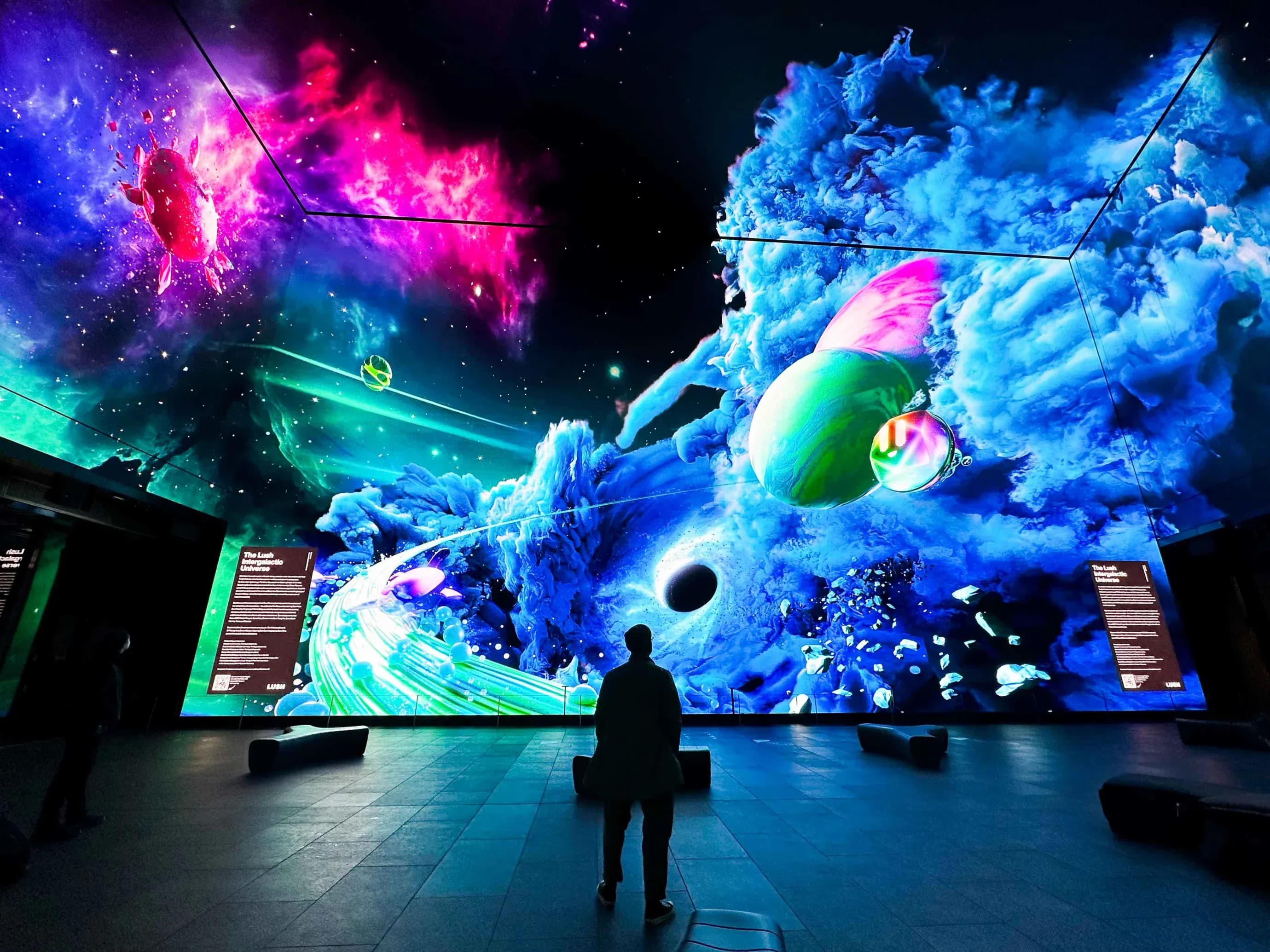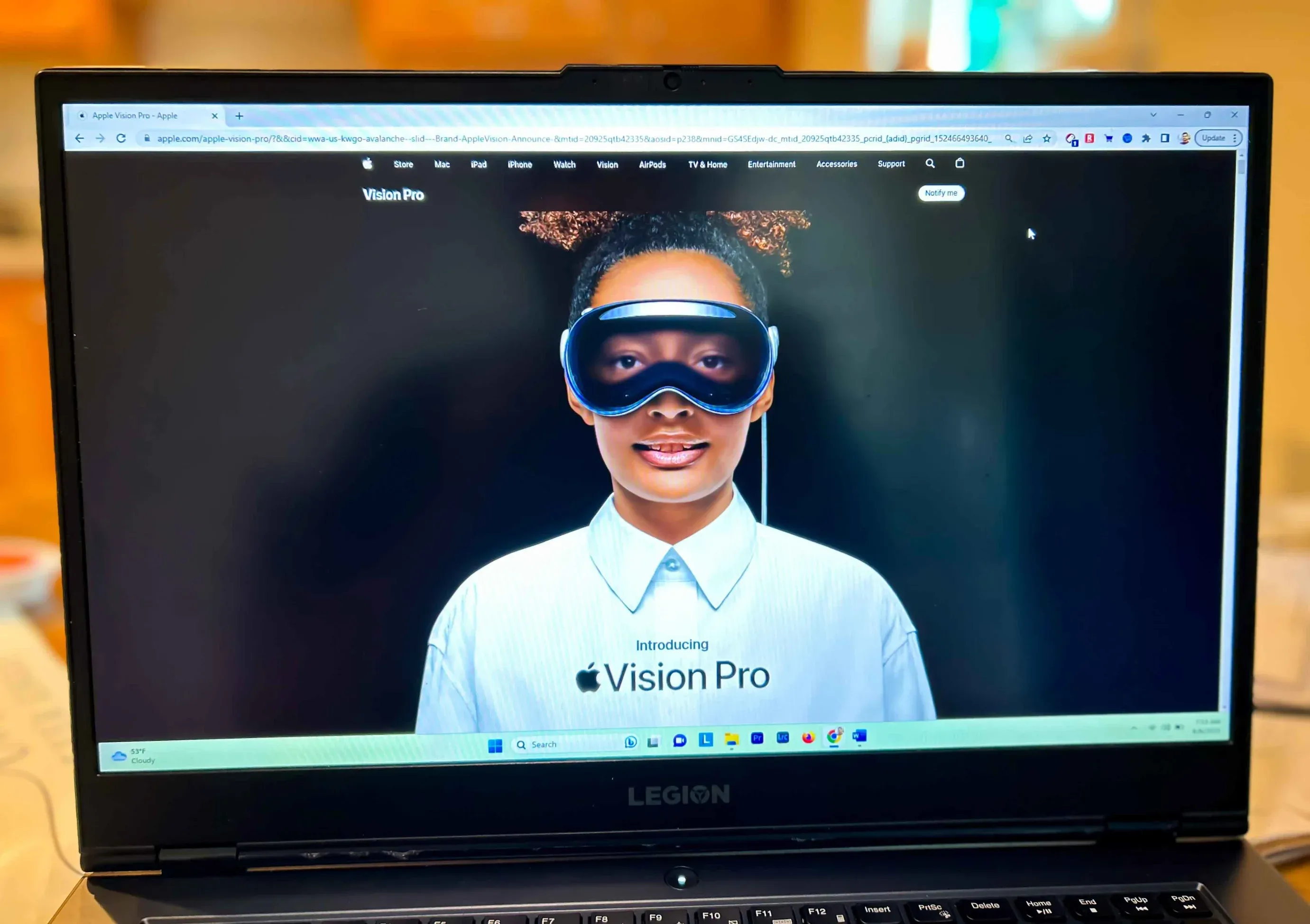Originally published by Retail Week
RIP to the retail metaverse – we hardly knew ye. This time last year, brands were hopping on the bandwagon and setting up shop in what was then the world’s most promising alternate universe.
But it seems the reality of virtual reality (VR) wasn’t all the industry had hoped it would be, and retailers’ enthusiasm for the metaverse didn’t extend much beyond a year.
In fact, when Retail Week reached out to 17 retailers that unveiled grand plans for the platform in 2021/22, all but one declined to speak about their ongoing metaverse ambitions (or lack thereof).
Outside the world of retail, the metaverse is still popular among gamers, Gen Z and Gen Alpha, with McKinsey & Company research showing it has the potential to generate up to $5trn (£3.92trn) in value by 2030.
So why have retailers’ plans for the metaverse virtually dropped dead? What went wrong – and is there a chance they could be resurrected?
Who did what?
H&M
Fashion retailer H&M has been very active in the metaverse, both by launching its H&M Innovation Metaverse Design Story collection and its Loooptopia immersive experience on Roblox, which allows users to create virtual outfits for their avatars.
In a blog post, H&M creative adviser Ann-Sofie Johansson said the virtual dimension of fashion brings “exciting future opportunities” for H&M and that it provides “endless creative possibilities”.
Samsung
Tech giant Samsung has opened stores in the metaverse and even hosted events in the virtual world.
Although 2023 was a quieter year in the metaverse for the brand, in 2022 it built an immersive experience called 837X on the Decentraland platform, which allows users to explore new worlds, unlock content and complete goals.
THG Ingenuity
In 2022, THG Ingenuity wrote a blog post detailing how it can help support brands in their journey into the metaverse and launched THG XReality as an “innovation centre for mixed-reality spaces”.
While the company has dabbled in this sphere, THG Ingenuity senior vice-president Herculano Rodrigues said last year that investment in the metaverse is “further down” its priorities.
Flannels
In June 2023, luxury department store Flannels hosted the first-ever metaverse beauty week, with a variety of beauty brands in attendance.
The retailer took its beauty bar to the metaverse, recreated seasonal looks as wearables and hosted masterclasses. However, it is unclear whether its metaverse beauty week will return in 2024.
Entering the metaverse
In 2021, John Lewis built a store within the virtual set of the TV show I’m a Celebrity… Get Me Out of Here! on Fortnite Creative, which allowed customers to take on challenges within the game.
Over Christmas 2022, JD Sports set up a virtual arcade-themed 3D game on Facebook’s gaming platform, allowing users to create avatars and discover minigames.
Like many tech trends before it, the metaverse has been used as an avenue for different businesses to explore fun ways to engage and reach new audiences.
Rather than becoming a channel to directly sell products from, the platform is used by retailers for “marketing and building brand awareness”, says Andhi Ermawan, tech expert and founder of review platform MyProsAndCons.
He says virtual stores and events allow businesses to connect with customers in a different way, although audience sizes are “still quite small”.
Liam Buswell, innovation director at investment and innovation advisory firm True, agrees. He says retailers have been using the metaverse as a “testing ground” for community-based engagement.
“It’s essentially seen as a new channel for marketing and PR activations,” he says. “While some brands have set up stores in the metaverse, the financial impact is very negligible.”
While the financial benefits are not yet materialising for retailers, the benefits to shoppers also remain unclear.
Capgemini’s recent report on immersive experiences showed that 93% of adult consumers surveyed are curious about the metaverse, but only 11% would use it in its current form.
Similarly, research from omnichannel advertising and software company Mediaocean shows a “steady decline” in interest in the metaverse.
“In October 2022, we asked marketers about the most important consumer trends and 34% cited the metaverse,” says Aaron Goldman, chief marketing officer at Mediaocean.
“In April 2023, we asked the same question and only 20% answered the metaverse. We ran the survey again in November 2023 and the metaverse is down to 15%.”
One retailer still happy to talk about the platform was Lush. The beauty retailer took part in the metaverse beauty week and, in December 2023, debuted a “fully immersive intergalactic experience” at London venue Outernet, with a two-minute 3D experience as part of its Christmas campaign.
Adam Goswell, tech research and development lead at Lush, says the retailer is “reframing what we think the metaverse is”.
“We can see opportunities to be part of existing metaverse platforms or create 3D experiences ourselves for audiences,” he says.
“We invested in Decentraland in 2023 and hope to bring new experiences to that plot of land, as well as look further into digital collectables, wearables and unexpected ways we can show up for audiences as we further experiment with moving away from traditional social media.”

Jumping the gun
While some retailers have found success in the metaverse, others have learned the hard way that it may not be viable for every business.
Richard Prasad, founder and chief executive of mattress and bedding retailer Sleep365, said its early metaverse experiments provided “some valuable lessons but minimal returns”.
“For Sleep365, we still need to resolve search, navigation and comfort barriers before doubling back down, but I remain intrigued for the future if key issues are addressed,” he says.
“For most retail sectors, the metaverse remains a speculative, early-stage opportunity. Hype led many retailers to enter the metaverse prematurely before the tech and infrastructure were ready for prime time.
“Like the early web, it will take time to evolve. We’re still likely five to 10 years away from mass consumer adoption.”
Phil Rowley, head of futures at advertising services company Omnicom Media Group UK, believes there was an “over-optimistic” assumption that VR headsets would become as common as smartphones, and this has not come to pass.
“The vision of a VR-led parallel world where millions of helmeted users traverse wondrous landscapes buying NFT clothes from virtual shops has not yet materialised, and certainly does not seem likely in the short term,” he says.
While research by the Institution of Engineering Technology shows that 66% of Gen Alpha (children aged 13 and under) have used VR, it will take a while for this generation to start shopping in the metaverse.
Ultimately, there needs to be enough consumer demand to make the metaverse worthwhile. Otherwise, retailers could be making poor investments in a fad that may never get its day in the sun.
Room for revival?
Despite a variety of different businesses exploring the metaverse, Buswell is not sure it “ever was a viable option” for retailers as the hype never translated to consumer adoption.
However, the platform could be revived in the future and he predicts a resurgence in the next few years.
“This will be tied to the adoption of the Apple Vision Pro [Apple’s upcoming mixed-reality headset],” he says. “It could be a game changer in terms of transforming the user experience.”
Rowley agrees the device could be transformative as it demonstrates an “alternative path for the metaverse”.
“If that incarnation of the metaverse is to survive in future, it is more likely to return in the form of augmented reality,” he says.
But gazing into a crystal ball and predicting what could resurrect the retail metaverse won’t do retailers any good a second time around if they still don’t understand it.

Ermawan says target markets need to expand greatly before retailers can justify major investments.
“I do expect metaverse experimentation and development to pick up again in the retail sector in the next three to five years,” he says.
“As virtual interfaces and hardware improve, it could reach an inflection point where the experience resonates with enough consumers to drive retailer traffic and transactions.”
The next big thing
If the retail metaverse doesn’t make a comeback in the next five years, something else will certainly replace it.
There are many contenders for the next big tech application in retail. Mediaocean’s survey shows that 57% of marketers think generative artificial intelligence (AI) is the most important consumer trend.
The rise of ChatGPT and other generative AI applications has been a huge talking point for most industries in the past 12 months, for both good and bad reasons, but there are other talking points in the retail tech space.
“Upcoming tech trends retailers are exploring include livestream shopping, augmented reality product visualisation, voice commerce based on AI assistants, cryptocurrency payments and more automation for fulfilment via robotics and drones,” says Ermawan.
“The key for retailers is balancing innovation with pragmatic business needs, rather than chasing every hot new tech trend.”
Each new tech must come with a warning as retailers run the risk of short-term planning and financial woes due to overzealous investments.
Rowley believes retailers should think about putting effort into fostering “a culture of innovation” for long-term planning instead of just jumping on fads. He does, however, believe the use of AI is highly significant.
“AI has the potential to be embedded in everything and is too integrated, too disruptive and too profound to be a mere trend like NFTs, 3D printing or VR.
“In retail, businesses could use the algorithms of AI to optimise pricing, robotise difficult warehouse operations and provide animated customer service avatars.
“The UK government did not invite the world’s top experts to a symposium in London to discuss the dangers and opportunities of the metaverse but they did it for AI because this is not going away.”
